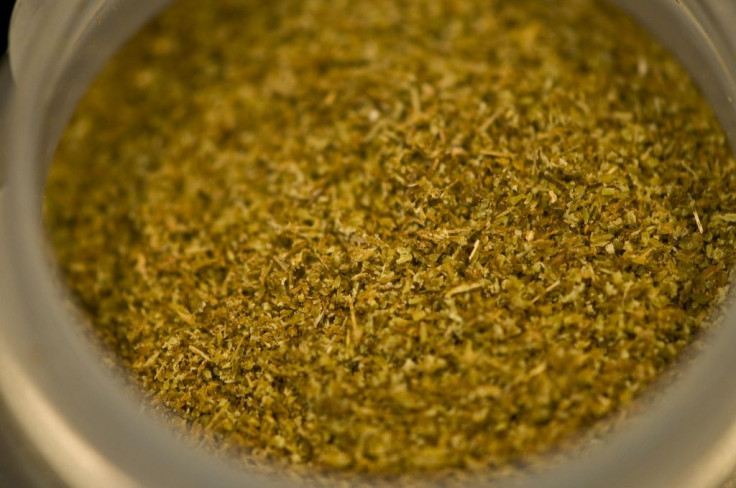Cumin Recall: FDA Asks Everyone With A Peanut Allergy To Avoid Cumin

Undeclared food allergens, such as peanuts, milk, wheat, eggs, tree nuts, soybeans, fish, and Crustacean shellfish, are the leading cause of food-related recalls. The Food and Drug Administration issued an alert on Wednesday asking all people with a peanut allergy or peanut sensitivity to avoid any products that may contain ground cumin or cumin powder. Cumin may be sold as a spice, a spice mix, or a minor ingredient in packaged foods, such as soups and chilies.
“The FDA is continuing to identify companies that received shipments of the ground cumin that contained undeclared peanuts and work with them to remove these products from the market,” the FDA said in a statement. “While this investigation is underway, the FDA wants consumers who are highly allergic or sensitive to peanuts to consider taking precautions with any product — not just those that have been recalled — that contains ground cumin. The FDA will continue to update the list of recalled products.”
Recalls started back on Dec. 26 when Texas-based Adams Foods recalled several cumin products that were potentially contaminated with peanut residue. Whole Foods recalled over 100 peanut-contaminated cumin products on Feb. 9, and Goya Foods recalled certain brands of black beans and black bean soup seasoned with cumin this past Friday. Consumers at risk to a life-threatening allergic reaction should be extra vigilant considering some products may list cumin as “spices.”
A list of recalled products include ground cumin, seasoning mixes, and variety of cooking “kits” that include “Tex-Mex” and Indian dishes. While the FDA has currently received seven reports of “adverse events” related to undeclared peanut allergens, the agency does not know how many have had an allergic reaction to products containing cumin. Anyone who experiences a symptom of an allergic reaction, such as shortness of breath, swelling of the lips, tongue or throat, or hives, should contact the FDA after seeing their physician.
The FDA explained that some packaged foods may not have enough cumin to trigger a reaction, but consumers highly sensitive to peanuts and people preparing food for people with peanut allergies should still be wary. Products made before 2014 are unlikely to contain peanut-contaminated cumin.
Published by Medicaldaily.com



























